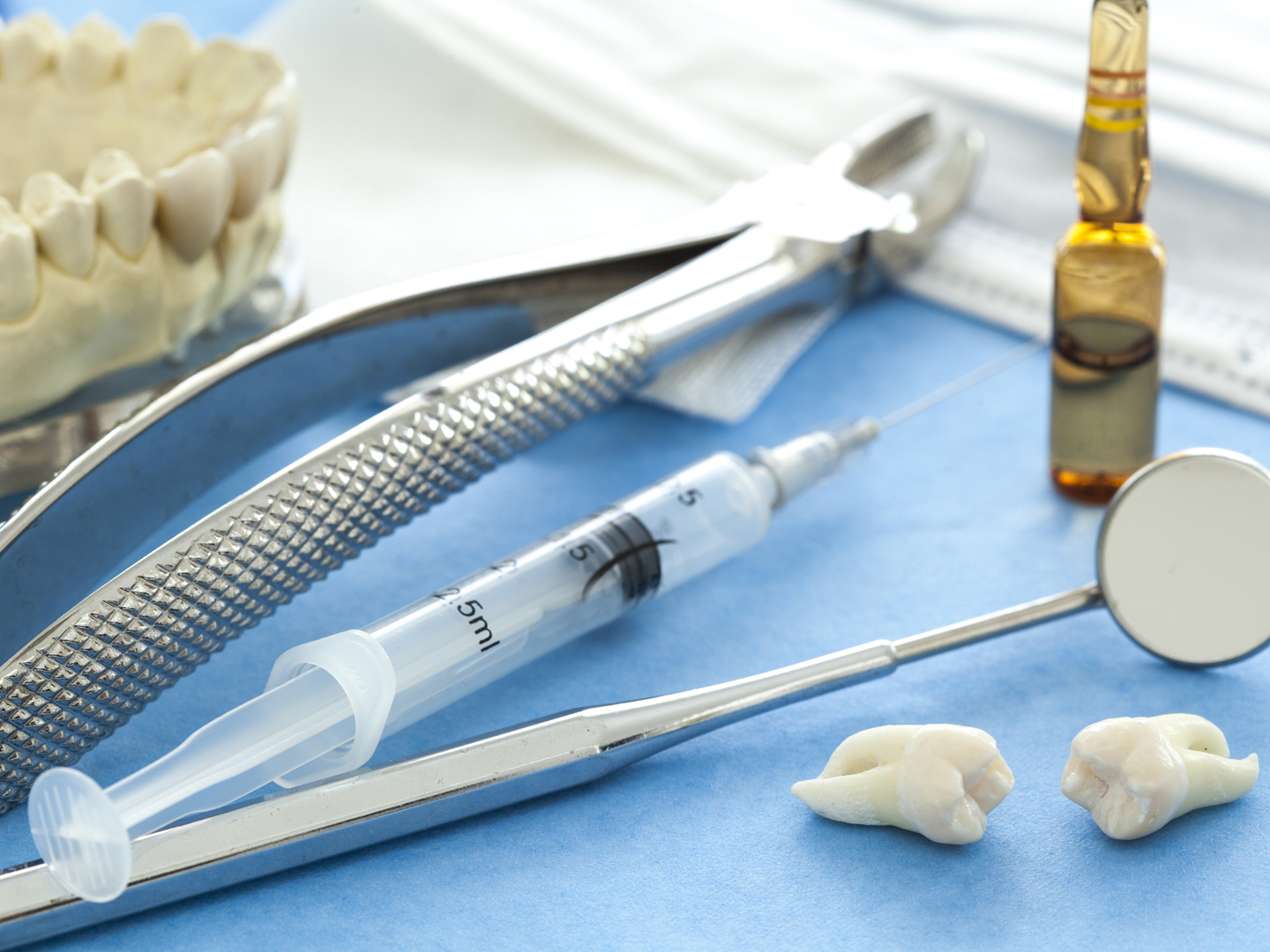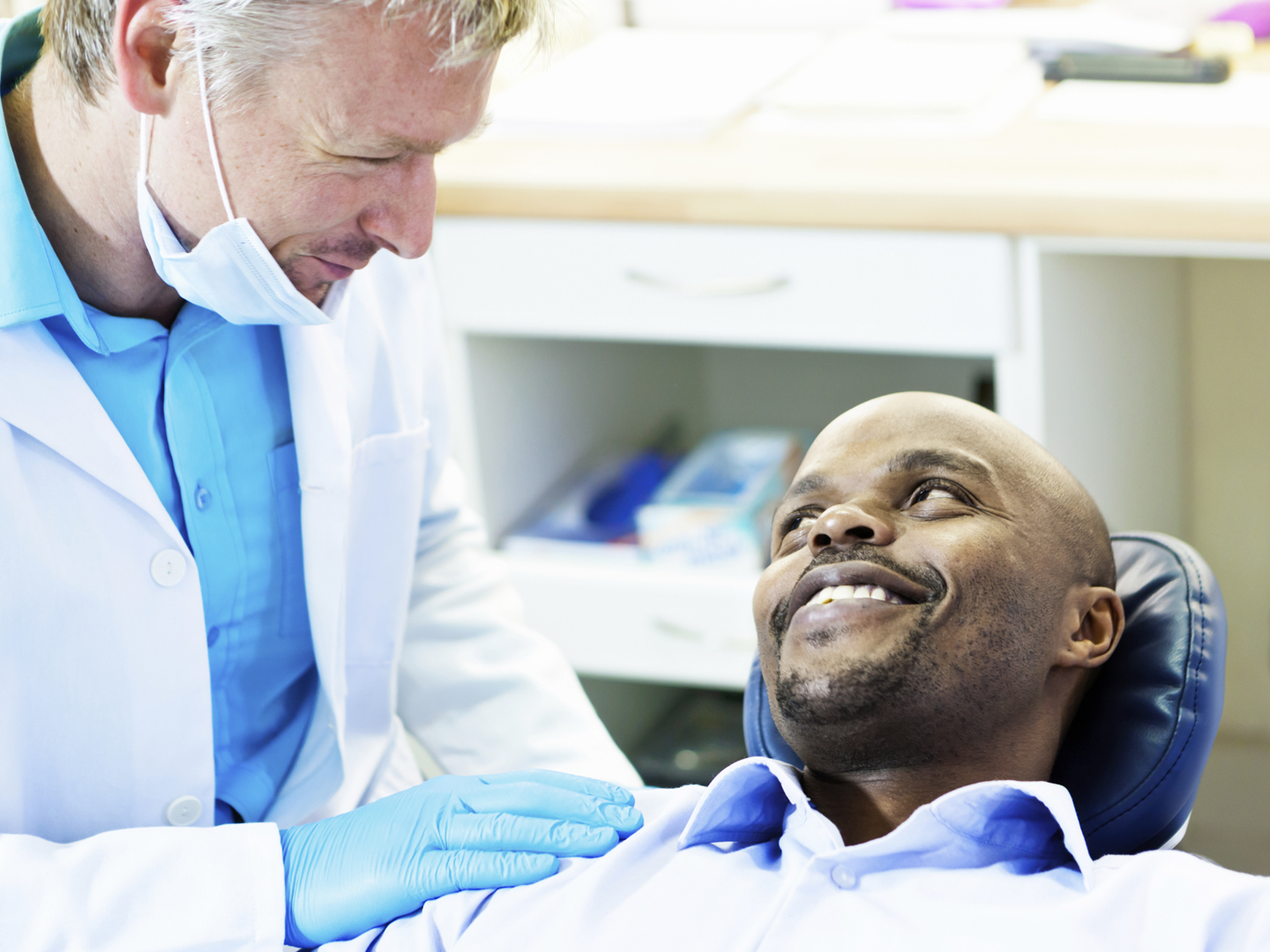Losing Your Wisdom Teeth?
What can be done pre-operatively to prepare for extraction of impacted wisdom teeth?
Andrew Weil, M.D. | March 2, 2004

Wisdom teeth are the last of your teeth to emerge, usually between the ages of 17 and 21. These teeth often become impacted either because there’s not enough room for them to erupt or because they are improperly positioned in the jaw. Impacted wisdom teeth can be painful and can become a breeding place for germs. There is also the possibility that a cyst or tumor can form near an impacted tooth and destroy surrounding bone and tooth roots. If you have an impacted wisdom tooth that is painful, the sooner you have it pulled, the better. However, if you have no pain, consider getting a second opinion about whether an impacted wisdom tooth should be extracted.
Your dentist probably will use a local anesthetic for the procedure, which can take up to a half an hour, depending on how the tooth is positioned. It is much less traumatic to have upper wisdom teeth extracted than lower ones.
You’ll probably be told not to eat anything for six hours before the surgery. In addition, I suggest increasing your dosage of vitamin C on the morning of the surgery, which will help in the healing and repair of damaged tissues. I usually recommend 500 mg twice daily for three or four days following the surgery. When you go to the dentist, take a dose of homeopathic arnica 30X dilution (place four to five tablets under your tongue) and repeat this dosage again every hour after the extraction for first four hours and then every two hours to reduce bruising. The next day, take the arnica every four hours. You can discontinue this after the second day.
After the extraction, I also recommend taking bromelain, an enzyme extracted from the fruit of the pineapple plant, to help reduce any swelling. Take 200-400 mg three times a day on an empty stomach (at least 90 minutes before or three hours after eating). To reduce stress that can contribute to pain and slow your recovery, consider mind/body approaches such as progressive muscle relaxation, guided imagery, and self-hypnosis.
Andrew Weil, M.D.









